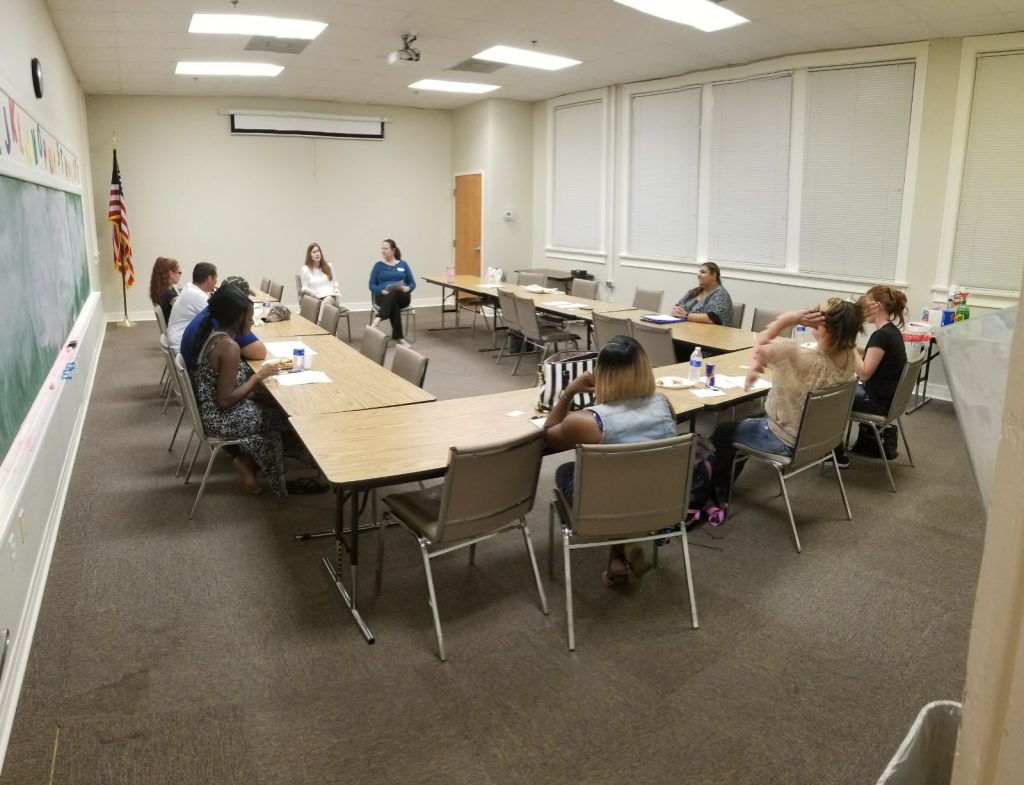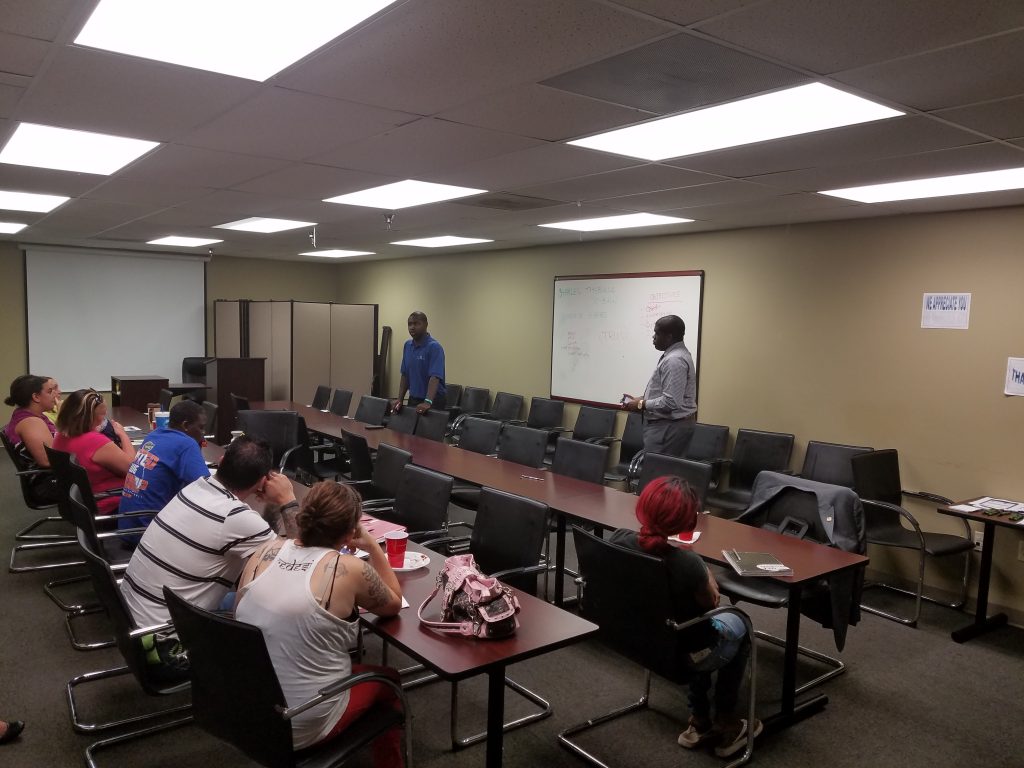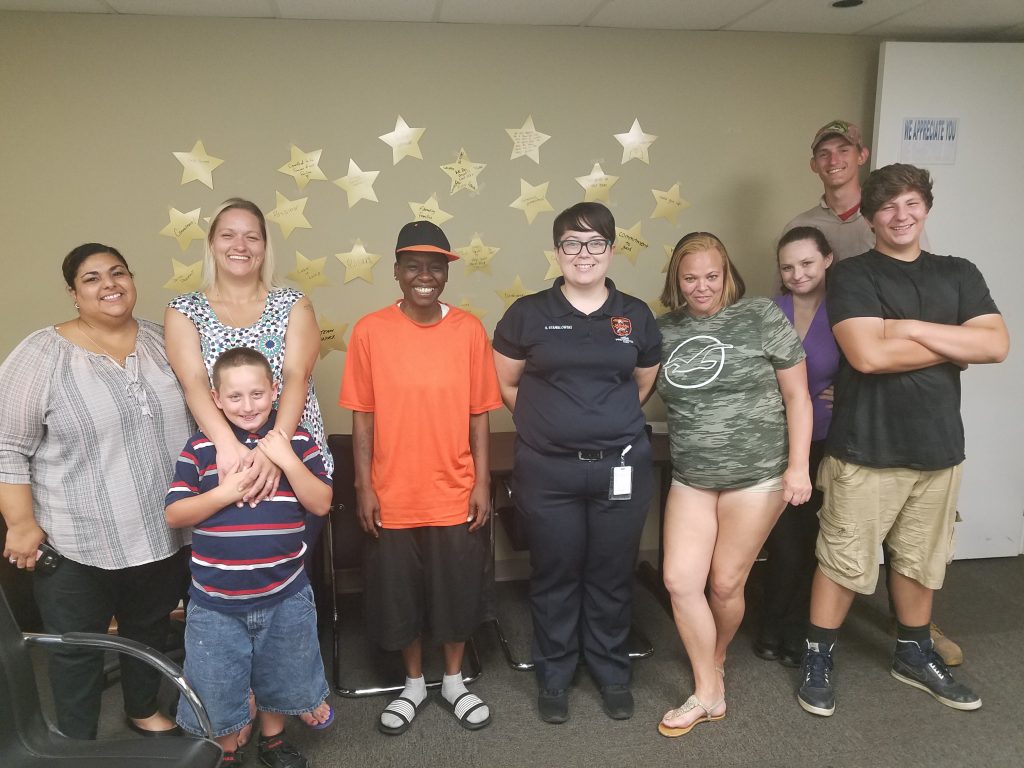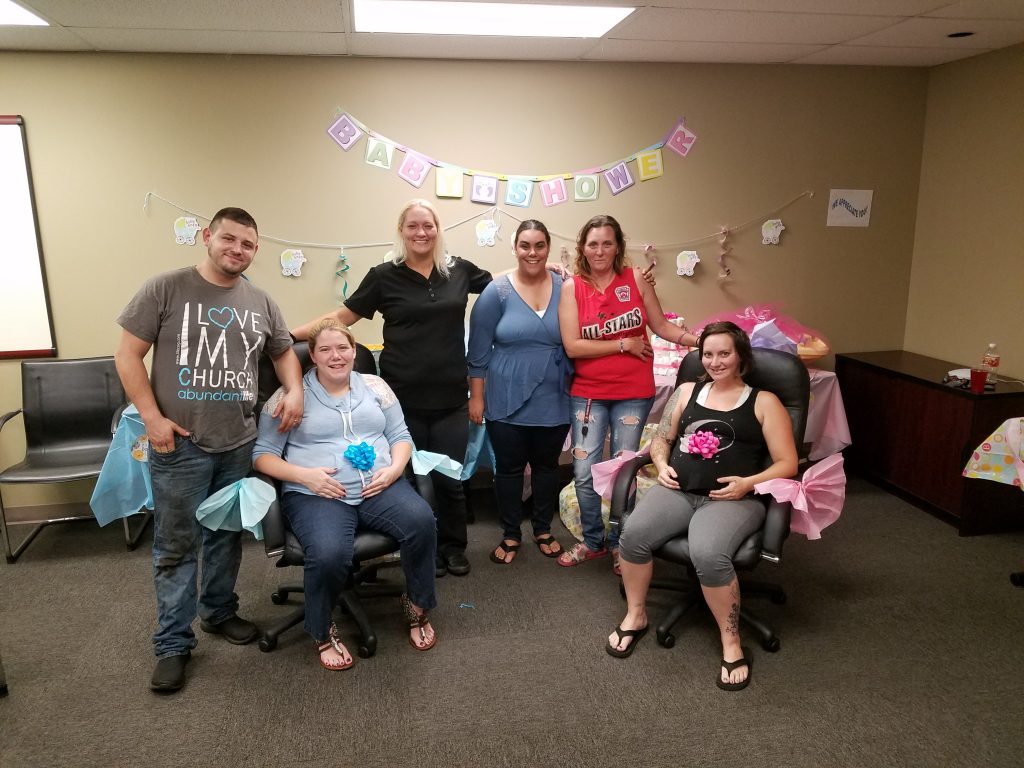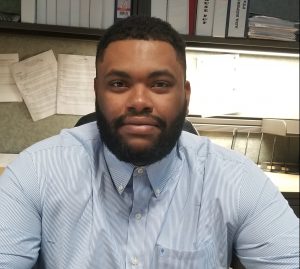I believe that when something bad happens you have three choices — You can either let it define you, let it destroy you or you can let it strengthen you.
When families come into the child welfare system, many aren’t quite sure what led them here in the first place. Substance misuse, mental illness, poverty, abuse and trauma can often go untreated through generations and so parents don’t understand how their own childhood trauma led to their child’s entry into foster care.
It’s a confusing, overwhelming and downright scary place to find yourself and your children.
But like many of my CHS team members, I see a unique opportunity at the crossroads of the child welfare system – an opportunity to tap into life-changing resources.
For the first time in their lives, these parents now have someone whose job it is to believe in them and help them be the best parent and person they can be.
For the families we serve, they have never had to stop and admit that they struggle with mental illness, food insecurity and other challenges; however, now they have the opportunity to engage with professionals that can provide the necessary support to help empower them to provide a safe and stable environment for their families. As a parent myself, I often wish there was someone that could guide me through the battlefield of parenting – it’s not easy!
And for parents who are struggling to find their own security, finding stability for their children is even harder.
As child welfare professionals, our team is well aware that dependency and the foster care system is a complex behemoth and, for many of our families, it is simply terrifying. Throughout my time as a Dependency Case Manager, I saw families struggling to find support and people with shared experiences.
That’s why, in Greater Lakeland, we formed the Parent Support Group to provide a greater understanding of the dependency system by supplying the necessary information and guidance in a nurturing environment where parents facing similar struggles can gain encouragement and support.
We opened the program to initially serve six families and, over the course of the last year, we have served in excess of 30.
With partners including Fifth Third Bank, Home To Stay, Heartland for Children, Lakeland Police Department, Office of Regional Conflict Counsel, Neighbor To Family Inc. and the Peace River Center, we are empowering parents — not only through their dependency journey but also their personal lives.
I hope to continue to build on the CHS core culture of greatness where “good” is what we do.
A parent once expressed to me that no one in her life ever believed in her … she was always told she was not good enough and couldn’t do anything right. As she continued to work with CHS, she said she realized this poor self-image was why she struggled. When given an assigned task, she simply didn’t believe she was capable of completing it. She said it was only when she started working with a case manager –who held her hand and showed her she is more than capable of doing what was required — that she believed in herself. That was a major life lesson for me as a professional: We are not just case managers, social workers or service providers … we are “agents of hope.”






